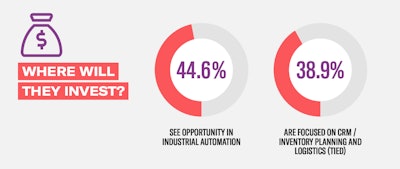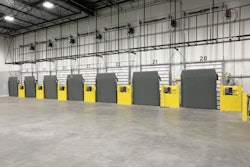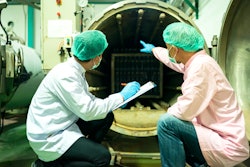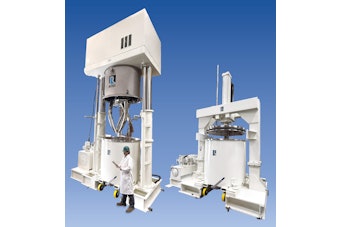
IFS, a global enterprise applications company, announced the findings of a global research study on the artificial intelligence (AI) attitudes and strategies among business leaders. The study polled 600 business leaders worldwide and a broad spectrum of industries involved with their companies’ enterprise technology including enterprise resource planning (ERP), enterprise asset management (EAM) and field service management (FSM). Key findings:
- About 90 percent of respondents reported at least some plans to implement AI in various parts of their business. Industrial automation was the most commonly reported area of investment with 44.6 percent planning AI projects, while customer relationship management (CRM) and inventory planning and logistics tied for second place at 38.9 percent.
- When asked how they plan to use AI, 60.6 percent said they expected it would help them make existing workers more productive. Just under half, 47.9 percent, said they would use AI to add value to products and services they sell to customers. About 18.1 percent said they would proactively use it to replace existing workers.
- While a majority of respondents anticipated productivity increases from AI, 29.3 percent anticipated AI would lead to a reduction in headcount in their industry. To manage this, 56 percent of respondents stated that society could best prepare by changing educational programs to prepare workers to make direct use of AI tools to increase their own productivity. Another 23.4 percent said they expect the market to create new jobs for people displaced by AI, while 15.4 percent suggested a shortened 30-hour work week.




















